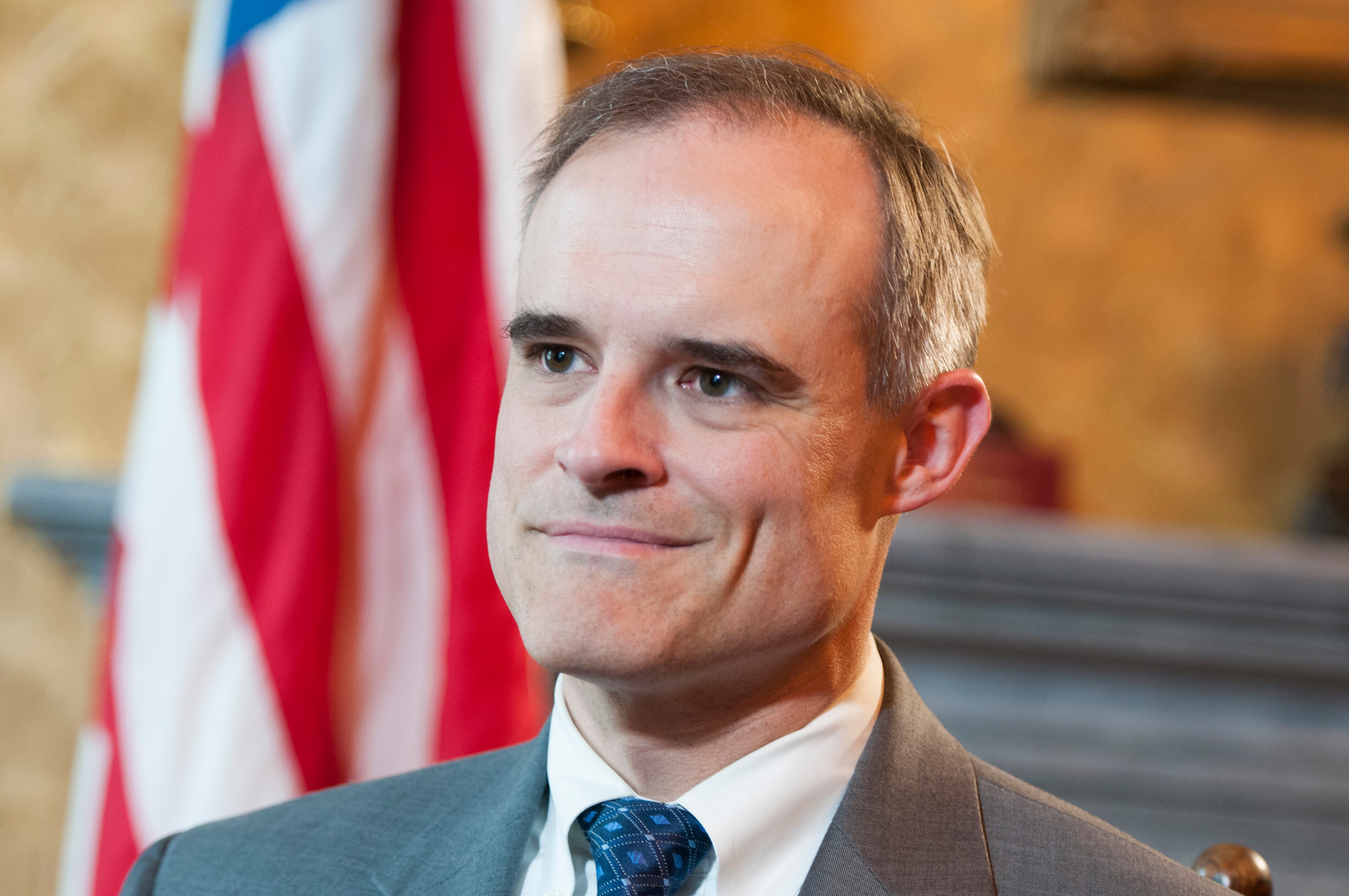President Obama issued a new executive order Wednesday morning empowering the administration to apply sanctions against individuals and groups that threaten the nation's critical infrastructure through malicious activities in cyberspace.
While the federal government already has authority to sanction countries and corporations it deems a threat to national security, the new executive order — titled "Blocking the Property of Certain Persons Engaging in Significant Malicious Cyber-Enabled Activities" — broadens the scope of that authority to extend to individual actors.
Executive Order: Block the Property of Certain Persons Engaging in Significant Malicious Cyber-Enabled Activities
"This will enable us to have a new way of both deterring and imposing costs on malicious cyber actors, wherever they may be and across a range of threats," Michael Daniel, special assistant to the president and cybersecurity coordinator, said in a briefing with reporters Wednesday.
"Before we had country-specific executive orders that allowed us to designate … officials of the government," said John Smith, acting director of the Office of Foreign Assets Control at Treasury. "Now we can target directly those [cyber] activities and not indirectly officials of a government where we may have a sanctions program."
When imposed, sanctions could include freezing assets within America's jurisdiction, prohibiting persons and companies from doing business with those sanctioned and barring entry to the country or otherwise restricting access to VISAs.
More: Our Latest Tool to Combat Cyber Attacks
While the order gives the administration broader authority to act, Daniel said it will be narrowly targeted to specific malicious activities.
"We are focusing on those actors that pose a significant threat to the national security, the foreign policy or the economic health or security of the United States as a whole," he said, listing some of the specific kinds of actions that could result in sanctions. "Damaging attacks on our critical infrastructure; disrupting computer networks through a widespread distributed denial of service attack; widespread or significant thefts of personal information, financial data, trade secrets or personal property; and the knowing use or receipt of those stolen goods."
Daniel added that the order would be a "tool that's very targeted and judicious in its use."
"These sanctions are meant to protect our national security, personal privacy and civil liberties," President Obama wrote in a blog post accompanying the new executive order. "As such, sanctions will in no way target the unwitting victims of cyberattacks, like people whose computers are hijacked by botnets … And unlike some other countries, we will never try to silence free expression online or curb Internet freedom."
Obama: A New Tool Against Cyber Threats
Daniel and Smith declined to speculate on whether this tool would have been used on past cyberattacks, like the Sony hack attributed to North Korea, but that the pattern of past malicious activities in cyberspace have led to this need.
"This will allow us to expose and isolate those behind malicious cyber activity," Smith said. "The executive order allows us to put a name to those who go to great lengths to mask their identities and to expose our adversaries behind these attacks for the world and, of course, financial institutions to see."
The Department of Treasury would act as the lead in applying any such sanctions, in consultation with the attorney general and secretary of state.
"We are not announcing any designations under this new authority today," Daniel noted. "We're putting in place the framework so it's in place if we need to respond rapidly to an emerging cyber threat. In the future we will use this tool in a targeted and coordinated way against the worst of the worst, the most serious overseas cyber actors."
Aaron Boyd is an awarding-winning journalist currently serving as editor of Federal Times — a Washington, D.C. institution covering federal workforce and contracting for more than 50 years — and Fifth Domain — a news and information hub focused on cybersecurity and cyberwar from a civilian, military and international perspective.





